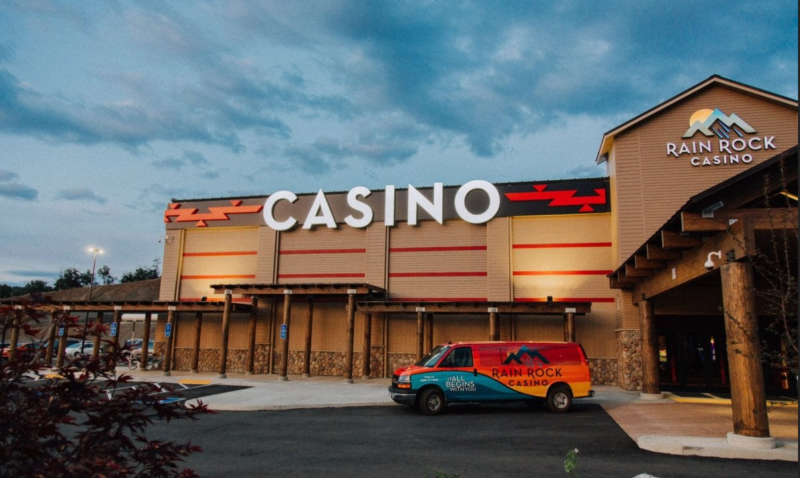On November 8th, millions of Californian voters took to the polls to vote on Props. 26 and 27. There were relatively low expectations for these propositions to pass, but if they had, they would have introduced sports betting practices to the state. Following the final count, it was revealed that millions of voters had shut down both propositions, voting against them and producing a landslide loss for sports betting operators.
On one side sat Prop. 26, which would have permitted sports betting practices to take place in Native American tribal casinos and at horse-racing tracks. On the other side was Prop. 27, which would have legalised online sports betting on platforms partnered with Native American tribes. When the dust had settled, 83% of voters had voted against Prop. 27, and 70% of voters against Prop. 26, effectively bringing a (temporary) end to sports betting prospects in California.
California Knows How To Party (But Not Bet)

The Golden State’s residents have brought a close to the short-term potential of sports betting practices landing in the region following recent voting action. In the weeks leading up to the ballot taking place, supporters of sports betting markets (and operators) poured hundreds of millions of dollars into marketing and ad campaigns. It would have been a massive win for US sports betting markets, which for years have been opening up across the nation, but sadly, it wasn’t to be.
Here’s what would have happened, should Prop. 26 and/or Prop. 27 had passed:
- Prop. 26: Permit in-person sports betting at Native American tribal casinos and horse racing tracks and impose a 10% tax on sports betting to fund gambling addiction treatment programs.
- Prop. 27: Permit online sports wagering (inc. mobile betting) with operators paying 10% of their sports betting revenue to the state each month.
It seemed that voters were more won over by Prop. 26, which would have seen a more restricted level of sports betting introduced in California. There was a final split of 70.1% to 29.9%, in favour of shutting down the Proposition. It was Prop. 27 that was much worse off, with 83.4% of voters shooting it down – more than 5.1 million voters refused to allow online sports betting practices to enter the state.
What Happens Now?
Now, online sports betting operators beat a hasty retreat, regroup, and prepare for another push at some point in future. Admittedly, the situation could have been handled a little better ahead of the ballot, as reportedly, some voters were confused about the difference between the two Propositions. This was explained perfectly by Twitter user, @ScottyWayne:
‘Prop 26 benefitted the five major Indian casinos by keeping BetMGM, Draft Kings, etc out. Prop 27 was to allow BetMG, Draft Kings, etc into California. The biggest problem with both Props is voters did not understand them. But is doesn’t really matter does it? They both lost.’
In recent months, many more states have opened their doors to online sports betting practices, including Massachusetts, New Jersey, Maryland, and Kansas. There’s something of a revolution sweeping the nation, but there are still a few strongholds refusing to relent. In California, there’s a billion-dollar market simply waiting to open up, but as the most populous state in the country, there’s a lot of work to be done by those seeking to introduce sports betting to the region.






